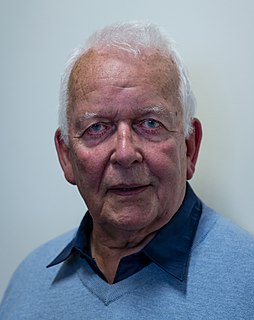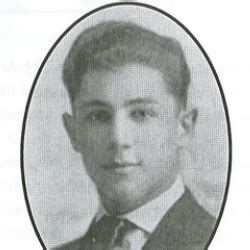A Quote by Andrew Davies
Taking the humour out of Dickens, it's not Dickens any more.
Related Quotes
Dickens's final book, 'The Mystery of Edwin Drood,' forms the jumping-off point for my new novel, 'The Last Dickens'. This last work by Dickens has very little social commentary and a pretty tightly efficient storyline and cast of characters. Not necessarily what we think of when we think what characterizes Dickens.
Wilkie Collins was a rival and competitor of Dickens. His novel Moonstone sold more copies at the time than Dickens' last two books. But that meant nothing in the long run. Right now, to be honest, Wilkie Collins is what he deserved to be back then: a footnote, an almost lost memory. And he knew he would become that.




































